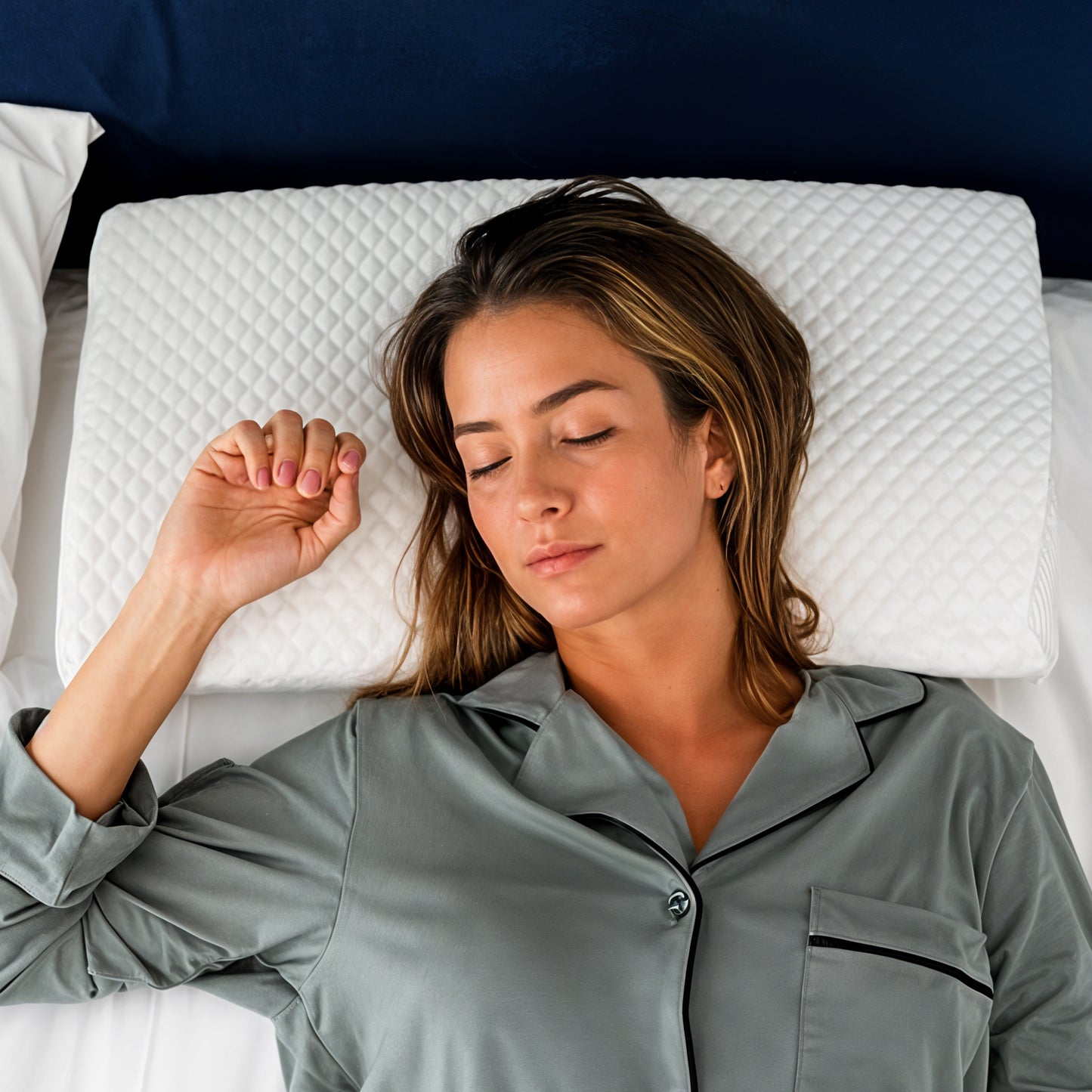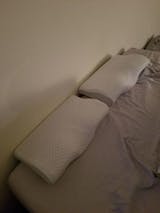











row_iid3ww
Common Struggles
row_iid3ww-1
Discover Lasting Comfort
row_iid3ww-2
Why You’ll Love It
Specifications

30-Day Money-Back Guarantee
We offer a 30-day money-back guarantee to all our buyers. We promise that if there are any problems during the 30-day, we will provide a solution in good faith and a refund, if applicable within the eligible time period as per our policy (Refer to our Terms and Conditions).



